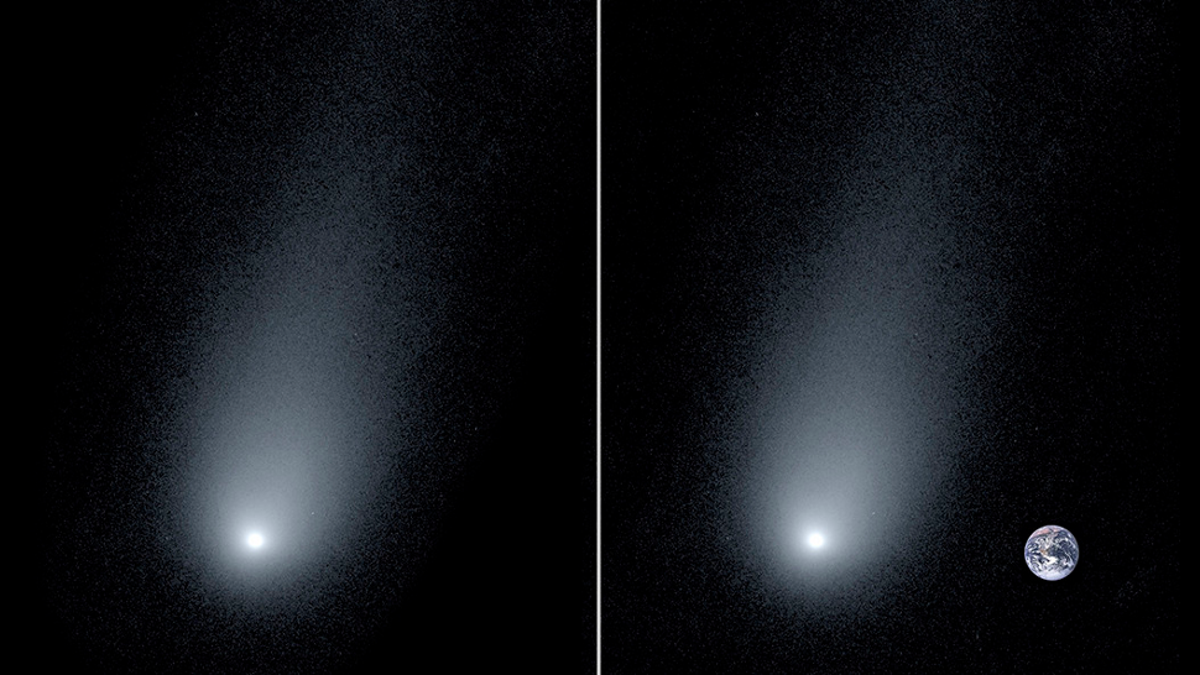I haven't done a 'ground up' study using only my own gear on this thing... but it was discovered by an amateur who did exactly that (even built his own telescopes) and is being followed and studied by amateurs around the world, including at my local astronomy club- so this ain't no '
NASA says it's there, and NASA says it's doing this, and only NASA has the mega equipment to study this so you have to trust them' kinda deal.
You need a big telescope, but not so big lots of astronomy clubs won't have them, and the math and tracking to establish the comets path needs skill but nothing special.
Unless, of course, us evil scientists are all in it together and Hiding The Truth?
P. S. Just in case that is the direction you're going: The maths and tracking behind establishing the motion of an object in the night sky is based upon simple geometric arguments of the kind that are, again, open to test and verification by any amateur using easily available equipment. So the assumptions upon which the tracking rests are as solid as it's humanly possible to get - and they've been verified thousands of times by thousands of independant investigators, if not more.
You're entitled to your opinion on NASA, but this ain't to do with NASA - and by assuming it was you've shown you're basing you thinking on massively untrue assumptions.
That is very human and understandable, we all do it. But I know I'm not part of any conspiracy so I'm not gonna be convinced here.

I know because they fired me for smoking in the Conspirators Only toilets, and using the neuralysers to get out of my student debt

Oh those Conspirator Only toilets....

 gizmodo.com
gizmodo.com



